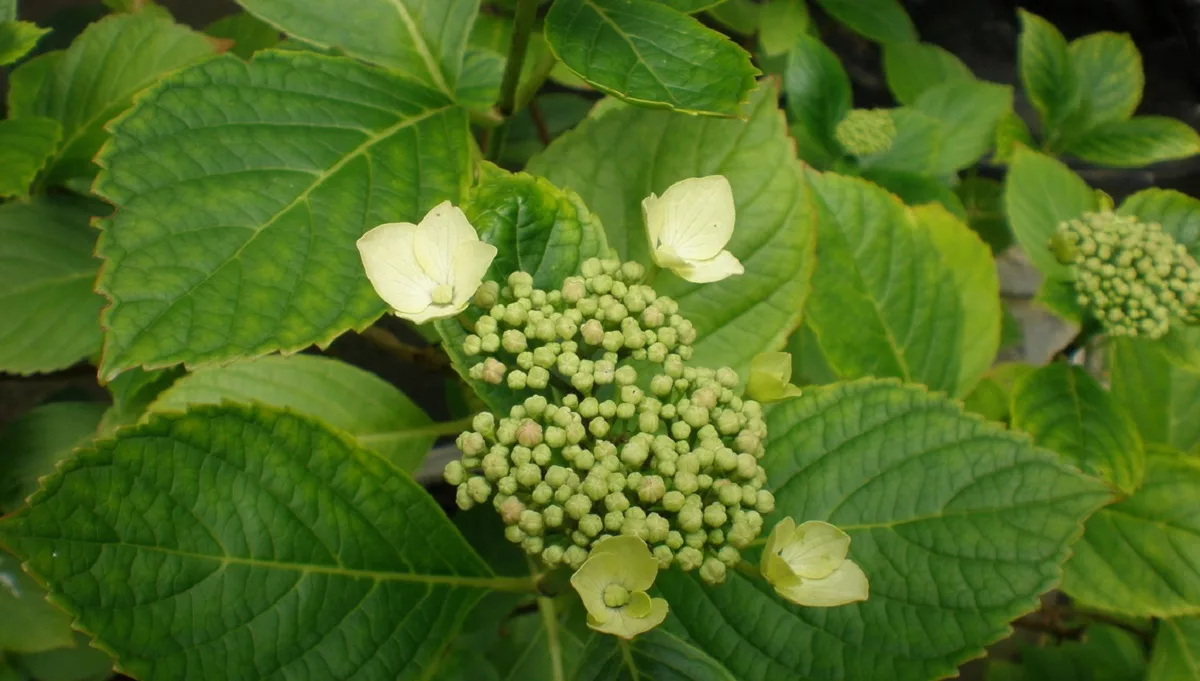Addiction For Human Drama: Are You Addicted to Stress, Anxiety and Dramas?
A common scenario when I’m working with a client – whether they are dealing with addictions, eating disorder, weight issues or relationship problems – is listening to how their life has gotten out-of-control and the resulting stress and anxiety they battle with. They want to get rid of these uncomfortable symptoms, and I understand that. But sometimes, I notice that the client does not actually want to give up their dramas. “I just want to have a peaceful life,” they say with a heavy sigh. Yet I may sense in them an attachment to living a highly-strung, chaotic life.
In this article, I want to explore why and how in certain cases we might be addicted to stress, anxiety or human dramas.
It is true that some people thrive on chaos (although ‘thriving’ is more of an illusion than true accomplishments, if you were to investigate closer). In the absence of drama, they feel lost and the idea of structure scares them. This can come from a fear of responsibility and accountability. So they strive for vagueness and ambiguity to blur the lines, so that dramas can always seep through and they don’t feel contained.
To some people, that space where drama has been made absent is deemed to be starkly empty and a scary place to be in. So they fill this void with food, drugs, sex… or stress. Stress and anxiety may be uncomfortable, but it is somehow more bearable than feeling the void. So what happens is they set up their circumstances (usually unconsciously) to create dramas to generate the stress and anxiety that take their attention away from the greater discomfort.
For others, it is not a void but a place teeming with unresolved conflicts. Creating dramas becomes a form of escapism from self – where you’re always engaged, busy with something outside of you so that you don’t feel the deeper turmoils inside you.
Sometimes people do this as a form of attention-seeking behaviour. Underlying this motivation may be a fear of being ignored, neglected, trapped in loneliness and a craving for connection.
Not only is this pattern of creating stress, anxiety and dramas damaging to yourself, it has toxic effects on those around you. It harms relationships because those around you will feel drained by being in your presence; after being around you, they usually report being in a state of confusion and feeling spun around.
I invite you to take a good, hard look at yourself. Do you really want to be free of your anxiety or do you secretly crave it? What would it be like if your life was devoid of stress, anxiety and dramas? Will you miss it? Be honest now.
If you recognise this pattern in yourself, it doesn’t mean that you’re a bad person. Owning up to a destructive pattern of behaviour is very powerful and deserving of respect, even if you choose not to do anything to change it for now. Because you can now stop lying to yourself that you wish it to go away. You can truly breathe a sigh of relief as you can at least live your own truth. You can simply continue with what you’re doing, only with full awareness. See where it takes you.
On the other hand, if having this awareness makes you realise how self-destructive you are being and you’re inspired to move forward from it, take these three easy steps.
Step I: Take Back Your Power
Look at what is causing you stress or anxiety and move it into your realm of control. Instead of saying, “Things happen which are beyond my control are causing me stress,” say, “I have made or am making certain choices that are causing me stress.”
If you continue to blame your stress on what’s happening outside of you, you’re admitting defeat to your circumstances because you’re stating that you are powerless to do anything about it. Note that this is a common excuse being used by those who crave stress and anxiety – there is a secret agenda to staying in a state of stress and anxiety.
Granted, on the surface, it may appear that what’s happened is outside your control. But I want you to break it down into smaller units. Do not look at the bigger picture! This is one instance where you’ll benefit from looking at the individual trees that make up the forest. What has led to this current situation? Where did you have power to make certain choices that led to this? Don’t dismiss it offhandedly, really examine where your power lies, because it’s the same power that will get you out of it.
Did you agree to something that led to this? Did you hold back on speaking out, against what your instincts told you? Did you give in to something you disapproved of? Did you act dishonestly in any way? Did you let your pride, ego or fear get in the way of your actions?
Try answering these questions without any sense of self-berating. We’re not trying to push the blame onto you but to give you a sense of where your power has gone to. The more honest you are, the more power you can retrieve that is going to help you move forward to a happier life.
Write down your answers.
Step II: Consolidate Your Power
As you look at your list of answers, try to locate the pockets of power within each choice you made. I know, you may not feel powerful looking at each statement, because chances are you did not exercise your power when making those decisions. But that is exactly why there is power contained in them! Or you might have thought you were exercising your power when making certain decisions but you’re realising now that the power was misused. In any case, you’ve located some sources of your power.
If you did not speak up about your reservations with someone, you’ve located your power to speak up. If you were too proud to express your doubts about your ability to accept a position, you now have at your fingertips the power to be more honest and vulnerable, and to hone your skills. If you agreed to let your partner take care of you financially, you can now reclaim your power to be self-reliant. If you let your fear of losing your status get in the way of your happiness, you have the power of making a stand for what makes you happy.
Step III: Exercise Your Power
As you can see, there’s more than one way in which you can exercise your power in each instance. You’re not trapped with one option. The key is to recognise that your power is an energy of unlimited potential. Even if you can only see a limited number of options, know that the potential exists for many, many more ways to exercise this power than you can currently see. Decide how you are going to exercise your power given what you know at this stage.
Just taking one pocket of power you have located, whether it was previously unused or misused, can give you a sense of empowerment. By turning this potential energy into a tangible form, you will show yourself just how much power you really do have.
Then keep exercising your power by making different choices than you are used to making, acting and behaving in new ways. Notice how the dramas fall away from your life and how you’re reacting to this new way of being. If you find yourself initially resisting this, tell yourself that it is uncomfortable because it’s a new sensation, not because it’s bad for you. Allow yourself to get used to a new sense of peace and how much more fulfilling it is. In time, you will reverse your pattern of creating stress, anxiety and dramas… and begin to look forward to creating more peace, balance and harmony in your life.



that’s so true Amyra
sometimes they use these symptoms as an excuse to reach others goals
your post hit the bulls eye, thank you 🙂
Thanks for stopping by, Farouk.
This is beautiful … Thankyou for sharing this insightful piece of writing.
I need to do a lot of thinking 🙂
These are really enormous ideas in about blogging. You have touched some pleasant points here.
Any way keep up wrinting.
Nail. Head. Hit.
Thanks
My sister always creates chaos and drama by generating a constant stream of lies. It is exhausting. After the constant family fighting and hard feelings, we finally figured out what was going on, and now we have nothing to do with her.